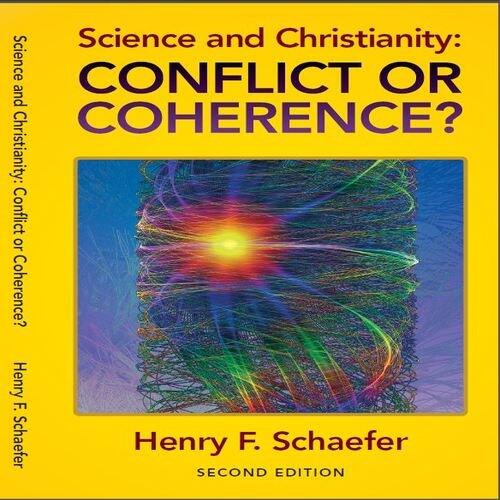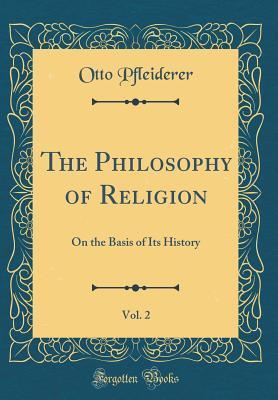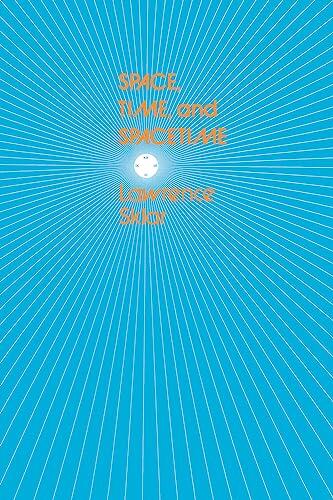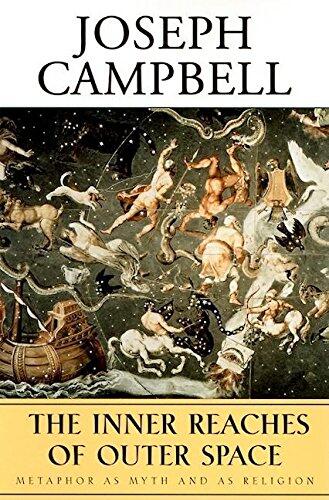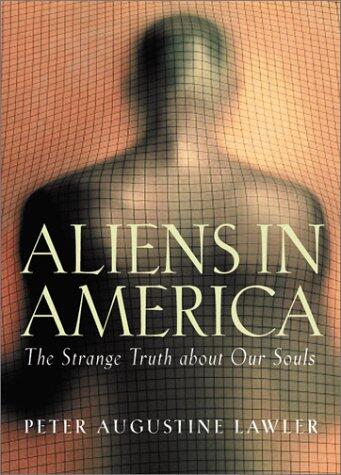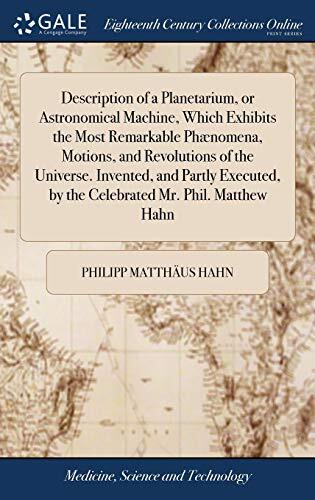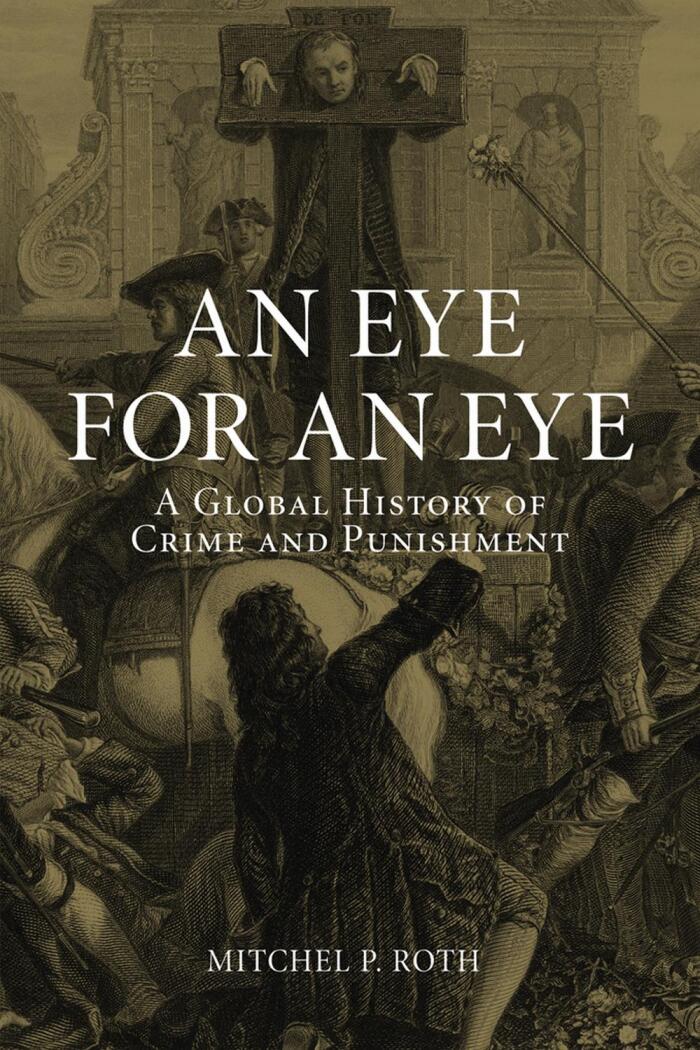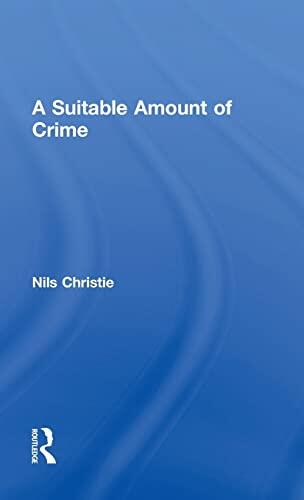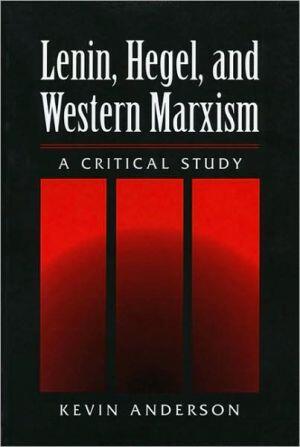
LENIN HEGEL & WESTERN MARXISM: A CRITICAL STUDY
によって
Kevin B. Anderson
まだ評価がありません
Philosophy
形式
ペーパーバック
ページ数
336
言語
英語
公開されました
Jul 1, 1995
出版社
University of Illinois Press
ISBN-10
0252065034
ISBN-13
9780252065033
説明
In this critical exploration, Kevin Anderson delves into the intricate relationship between Lenin's interpretation of Hegelian dialectics and the broader scope of Western Marxism. By examining the historical context of 1914 and the subsequent crises within Marxism, the author illuminates how Lenin's engagement with Hegel shaped his revolutionary thought and strategies. Through a careful analysis of Lenin's writings, Anderson unveils the complexities of dialectical reasoning that underpin Lenin’s critiques and adaptations of Marxist theory.
The first part of this study emphasizes the pivotal moments that led Lenin to grapple with Hegel’s principles, showcasing how these ideas not only informed his political approach but also aimed to address the failures of contemporary Marxism. Anderson's thorough examination reveals the philosophical depths that characterized Lenin's tactical decisions during a time of global upheaval.
By bridging historical events with theoretical discourse, the work invites readers to reassess the lasting impact of Lenin's thoughts on contemporary Marxist scholarship. Anderson's insights present a nuanced understanding of how dialectics can be a vital tool for both political analysis and revolutionary action, challenging reductive interpretations of Lenin's legacy.
The first part of this study emphasizes the pivotal moments that led Lenin to grapple with Hegel’s principles, showcasing how these ideas not only informed his political approach but also aimed to address the failures of contemporary Marxism. Anderson's thorough examination reveals the philosophical depths that characterized Lenin's tactical decisions during a time of global upheaval.
By bridging historical events with theoretical discourse, the work invites readers to reassess the lasting impact of Lenin's thoughts on contemporary Marxist scholarship. Anderson's insights present a nuanced understanding of how dialectics can be a vital tool for both political analysis and revolutionary action, challenging reductive interpretations of Lenin's legacy.
